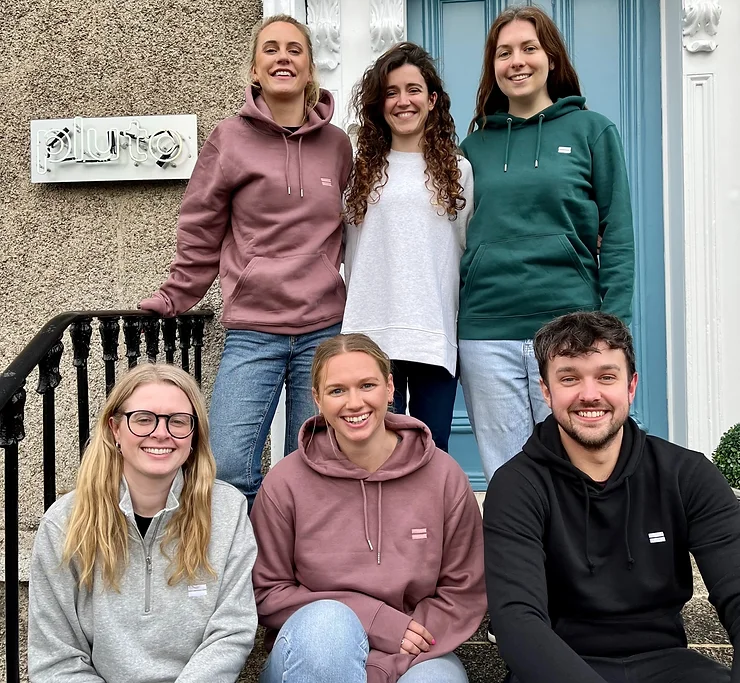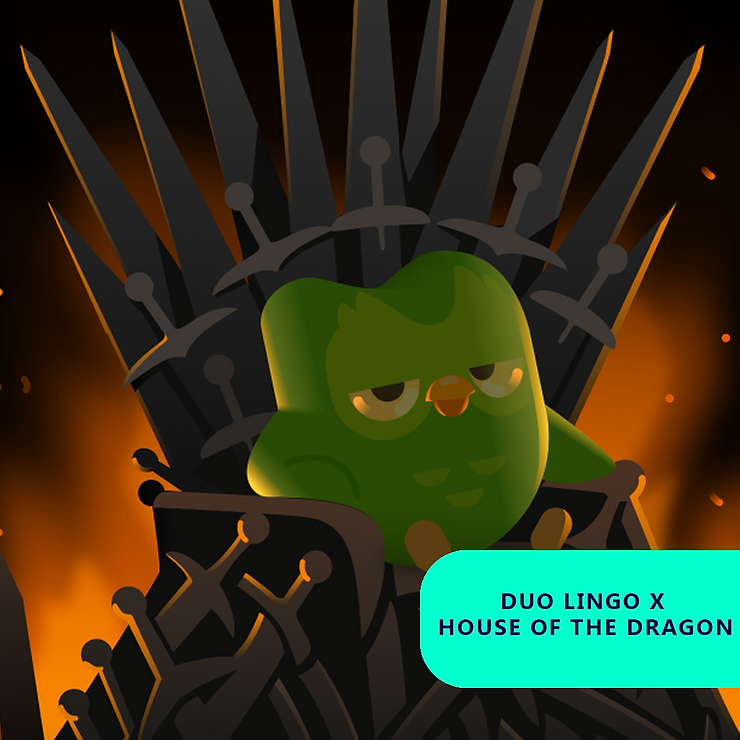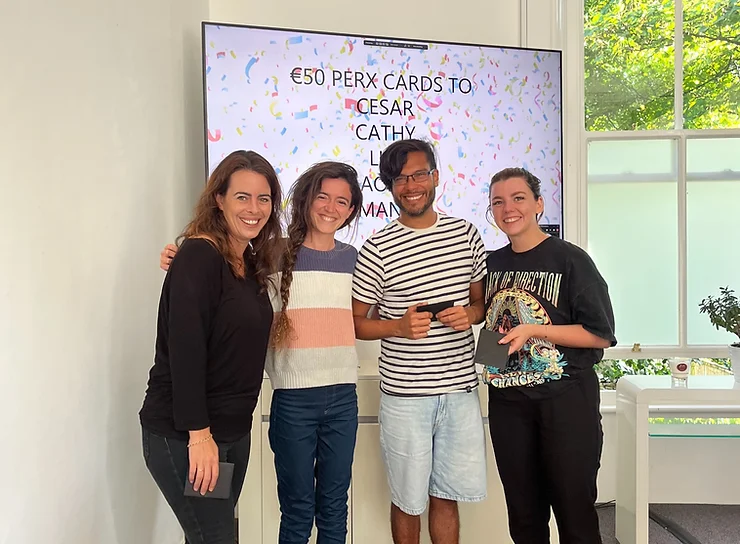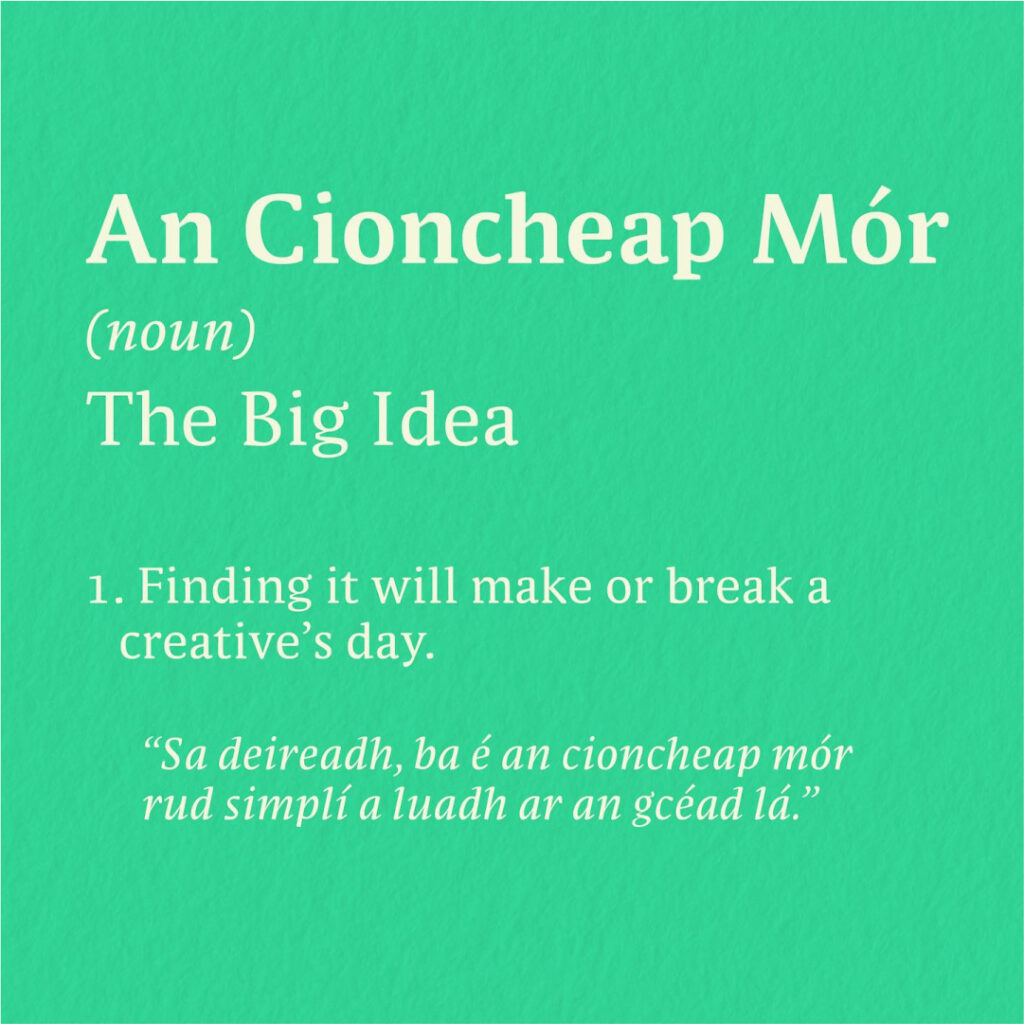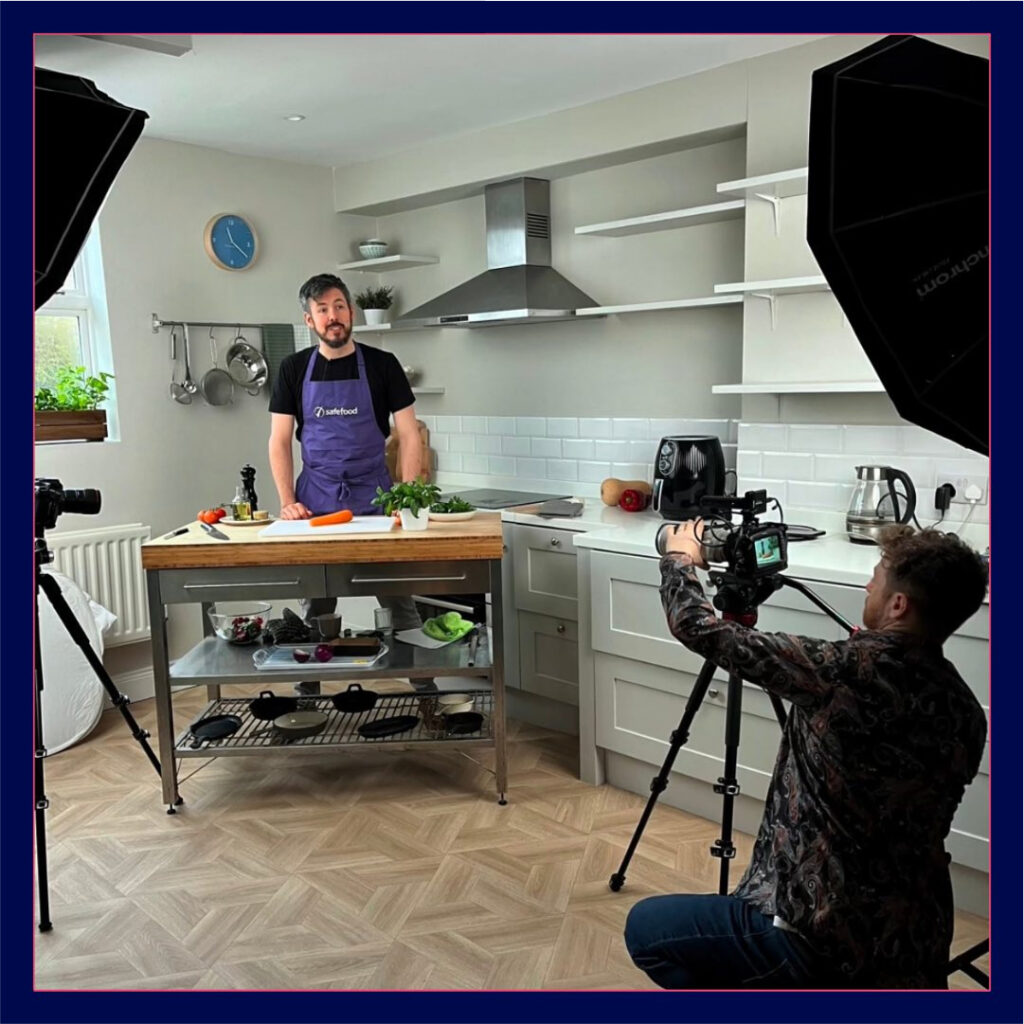At Pluto we were keen to learn from those ahead of us on the Coronavirus COVID-19 curve, and so we spoke with the incredible Viveca Chan, CEO of WE Marketing Group in Asia direct from her Hong Kong office.
The world has changed and so have brands. Some have changed temporarily, and some have made changes that will last for the unforeseen future.
Consumer behaviour has changed beyond recognition and brands have had to adapt swiftly and innovatively – campaigns that spoke to consumers a couple of short months ago, are simply no longer relevant.
What we do know is that waiting for this to end, for it all to blow over, is a risk that for any business just isn’t worth taking . Brands that reinvent themselves, and use this time to build brand affinity will survive.
The value of human connection is enormous and this unprecedented time has left an emotional gap in all of our lives but as a race we are resilient. We adapt and brands that can adapt to our needs quickly will create the new norm in consumer marketing. Big brand names will have the resources and talent to respond immediately but smaller brands who are insightful, empathetic and who redefine their purpose, will also emerge through the noise. Brand experiences are being redefined daily.
Viveca Chan is one of our global partners in WPI and her insight as a business enabler into how brands have reacted in China was incredibly engaging and thought provoking.
Here are some of Viveca’s key insights from Asia and how brands are leveraging new consumer behaviours to market their brand:
1. Accelerated Digital Migration
The migration of consumers to digital platforms for purchasing, rather than brick and mortar, has continued in a steady upward trajectory over the past ten or so years, has now gone into overdrive.
Almost overnight, digital has become the new default. Home delivery is the new normal. With this dramatic shift in consumer behaviour, brands in Asia have adapted quickly, and identified key insights that help shift their brand from offline to online.
Public Domain vs Private Domain
Many brands have shifted their online efforts to focus more on “digital word of mouth” as opposed to paid social advertising like Instagram or Facebook sponsored posts. Brands see the value of not just paying to be displayed on news feeds but be shared in private messaging apps. For China, for instance, this is WeChat – we can apply the same practice to WhatsApp.
How do we turn customers into advocates, instead of just paying to play on social?
Live streaming with e-commerce …or ‘Live Commerce’
We all have seen how live streaming has exploded in popularity in recent months in Europe, as lockdown measures have been introduced. It is used as a medium for connection, global news broadcast, an alternative to live events and classes… and in China, it has evolved into a powerful sales tool.
The practice sees influencers testing products, such as beauty products and fashion, and directing viewers to a link where they can purchase their own. Think QVC Shopping Network, but for the digital age. Discounts are routinely offered to boost sales.
In 2019, Kim Kardashian joined one of China’s most famous influencers, Viya Huang, on live streaming site, Tmall, owned by the Alibaba Group. According to the parent company, the reality star sold “15,000 bottles of her name-brand KKW perfume in just a few minutes” and drew in 13 million viewers. It has long been speculated as to whether or not Live Commerce will land in the west, but with traditional commerce taking a massive hit, it looks like live streaming may become the new normal.
2. Next Level Health Consciousness
You only have to look as far as your Instagram feeds to see how health and wellness content has seen a surge in popularity. With all this free time, millions are taking to YouTube and live streams to take part in at home workouts. Brands have now jumped on this, offering value to consumers even though their physical doors may be shut. You don’t have to look too far to find that chefs are livestreaming a healthy cooking demo at dinner time, or a free live meditation session when you’re wanting to unwind.
3. Retail Goes Creative
Some quick acting retailers in China have turned the COVID-19 crisis into opportunity.
As brick and mortar stores have started to slowly reopen, retailers are still battling with customers’ understandable trepidation with going back to their traditional buying habits.
- Shopping Timeslots
To combat this, fashion outlets in China have begun to offer booking services for those who wish to try on clothes in-store without having to face the crowds. Customers can book a timeslot where they can try on and buy outfits in private without fear of contamination.
- Robot Chefs
Country Garden Holdings, one of China’s biggest real estate developers, donated it’s robot chef to a quarantine centre in Wuhan, China. The fuschia shipping container turn robot, Foodom, prepared meals for nurses and doctors on the front line. Foodom can prepare up to 120 clay pot rice meals per hour, in a completely sterile, human-free environment.
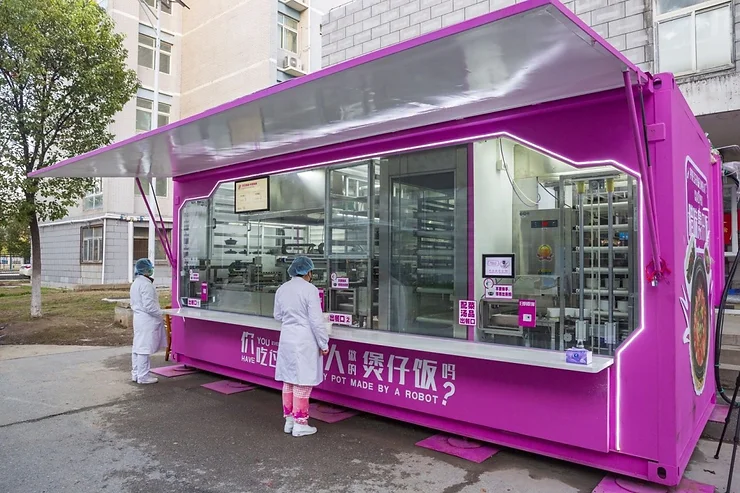
Going Forward
Brand purposes are being redefined and they recognise that it’s of crucial importance to reimagine their strategies, albeit standing on an ever shifting playing field. With no absolutes on future time-lines, economic strength or consumer purchasing power and an attempt to plan how consumers will feel and behave, brands have no choice but to work with moving variables rather than defined and proven statistics and research.
About Viveca Chan:

Viveca Chan co-founded WE Marketing Group, China’s first international ad agency. The company, with offices in Shanghai, Beijing, Nanjing, and Hong Kong, helps global marketers represent their products to the Chinese market.


